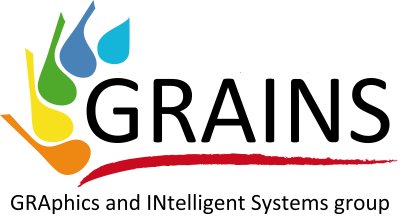Digital Arithmetic and Computer Architectures
Digital Arithmetic is the branch of Computer Engineering, which studies and proposes solutions to problems related to computations. Citing Ercegovac and Lang, two Founding Father of the modern Digital Arithmetic:
Digital arithmetic plays an important role in the design of general-purpose digital processors and of embedded systems for signal processing, graphics, and communications. In spite of a mature body of knowledge in digital arithmetic, each new generation of processors or digital systems creates new arithmetic design problems.
A slightly more exhaustive overview of what is Digital (also known as Computer) Arithmetic can be found in the Guest Editor Introduction of the Special Section on Computer Arithmetic of the IEEE Transactions on Computers, vol.58, No 2, February 2009.
In this scenario, digital arithmetic covers several fields, ranging from codes, representations, operations, architectures, scientific computing, cryptography, digital signal processing, function evaluation and much more. The GRAINS group, as it is clearly reflected by its activities and publications, has grown, over the years, expertise and scientific reputation in a number of areas, including but not limited to:
- binary and decimal arithmetic;
- elementary operation and function evaluations, including addition/subtraction, multiplication, division and square root;
- inexact arithmetic;
- arithmetic for special purpose cryptographic applications;
- algorithms and architectures for special purpose digital arithmetic.
In these research areas, the GRAINS group has active collaborations with several international research groups and highly reputed scientists mainly in the USA, Spain and France.
Useful external links related to Digital Arithmetic:

